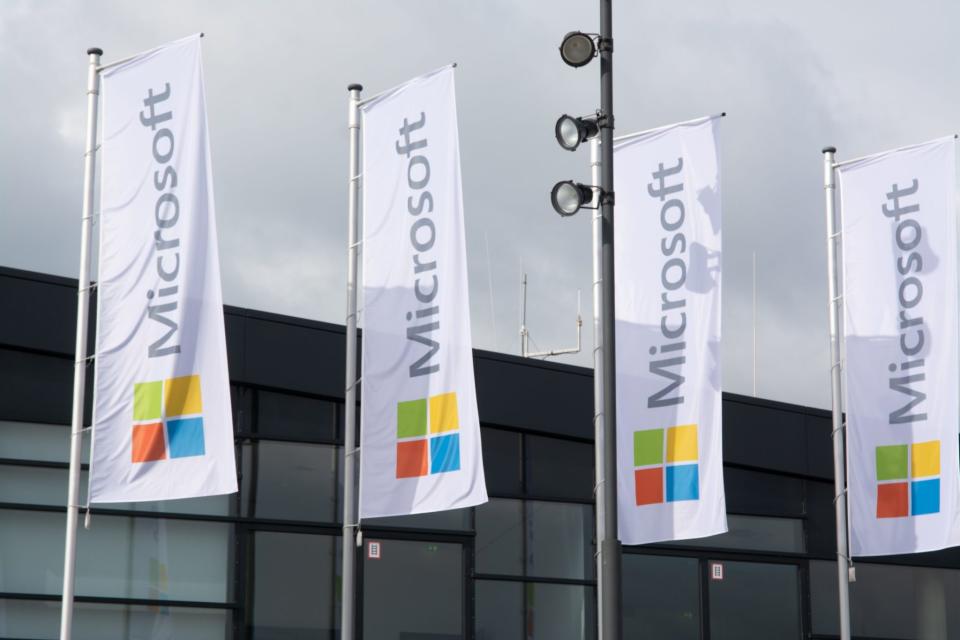The White House explains why it liked Microsoft’s investment in UAE AI champion G42: It got Huawei out of the way

In April, Microsoft announced that it would invest $1.5 billion in G42, the United Arab Emirates' leading AI company, one of many investments in AI startups and companies around the world.
Microsoft's U.S. investment followed a November 2023 report from The New York Times on G42's ties to Chinese companies, including the U.S.-sanctioned company Huawei. Weeks later, G42 announced that it was cutting ties with its Chinese suppliers, with CEO Peng Xiao telling the Financial Times that he had to choose between the U.S. and China. "We cannot work with both sides," he told the newspaper at the time.
In April, Microsoft said its investment was made after "close consultation with both the UAE and U.S. governments."
On Monday, one White House official explained why the U.S. government was interested in the deal.
At a Council of Foreign Relations event, White House technology advisor Tarun Chhabra called the Microsoft-G42 tie-up a "positive development," precisely because it pushed out Huawei. Washington wants to see "trusted digital infrastructure" in countries that has a strong U.S. military or economic presence, Chhabra said, and so Washington has an interest in encouraging places to stop working with the blacklisted Chinese tech company.
The U.S. has for years pushed allies to cut Huawei out of their telecoms networks. U.S. officials allege that Huawei has ties to China's military, and that using Huawei devices leaves customers open to Chinese espionage. (Huawei has long denied these allegations). U.S. allies in Europe and within the "Five Eyes" intelligence group have pledged to remove Huawei equipment from their networks.
Washington's focus is now shifting to the Middle East. The region has a "very high conviction of the coming capabilities of AI," Chhabra said, which means countries want access to advanced technology. That means Washington is paying close attention to how governments and companies in the region will safeguard U.S. technologies, Chhabra explained.
"The effort to work with Microsoft as an alternative to Huawei is generally a positive development and one that we want to encourage," Chhabra said.
What is G42
G42 is an AI-focused holding company founded in 2018. The firm's chairman and controlling shareholder is Tahnoun bin Zayed Al Nahyan, the UAE’s national security adviser.
The Emirati firm has business agreements with several top U.S. AI companies, including ChatGPT developer OpenAI.
G42 used to have extensive links to Chinese companies like TikTok-parent ByteDance and biotech firm BGI Geonomics. But the firm is now divesting those stakes in exchange for assured access to U.S. technologies that power AI, such as Nvidia's chips, Bloomberg reported in April.
The AI developer told Bloomberg at the time that G42's investment decisions stemmed from a wish to partner with the most sophisticated AI technology companies in the world—the ones in the U.S."
This story was originally featured on Fortune.com

 Yahoo Finance
Yahoo Finance 